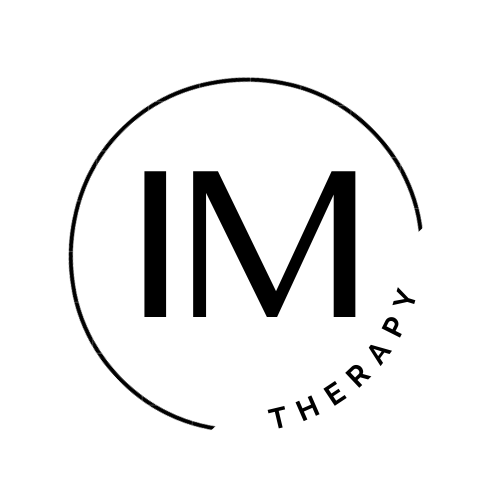Autism is typically diagnosed during early childhood. Because autism can be difficult to diagnose, evaluation is often completed by a multi-disciplinary team that includes a variety of professionals that, together, covers a wide range of areas related to development. A typical multi-disciplinary team includes some or all of the following professionals.
- Audiologist
- Neurologist
- Neuro-psychiatrist
- Neuro-developmental Pediatrician
- Occupational Therapist
- Optometrist
- Physical Therapist
- Psychologist
- Registered Dietitian
- Speech-Language Pathologist
NOTE: the training, qualifications, and expertise for each of the professions listed above varies tremendously. Also, neuro-developmental evaluations may be conducted for a variety of reasons other than autism, including but not limited to learning disability, cognitive deficits, and emotional/behavioral issues.
Those who are suspected of displaying signs of autism may present with some or all of the following deficits that often lead to referral for a thorough multi-disciplinary evaluation or neuro-developmental evaluation:
- behavioral issues
- difficulty with self-care
- fear of or fascination with different types of sensory information, e.g., lights, sound, movement, touch, vibration,
- fine motor delays
- gross motor delays
- limited dietary intake
- limited language skills
- odd/repetitive behaviors
- poor socialization
- regression, or loss of previously acquired skills
Upon completion of the neuro-developmental evaluation, families are provided with a final diagnosis or suspected diagnoses. After detailed discussion with the family and/or caregiver(s), a treatment plan or a plan for follow-up with the evaluation team is formulated–referrals to other professionals may be indicated. Please consult with your child’s pediatricianif you have any concerns with your child’s development.

